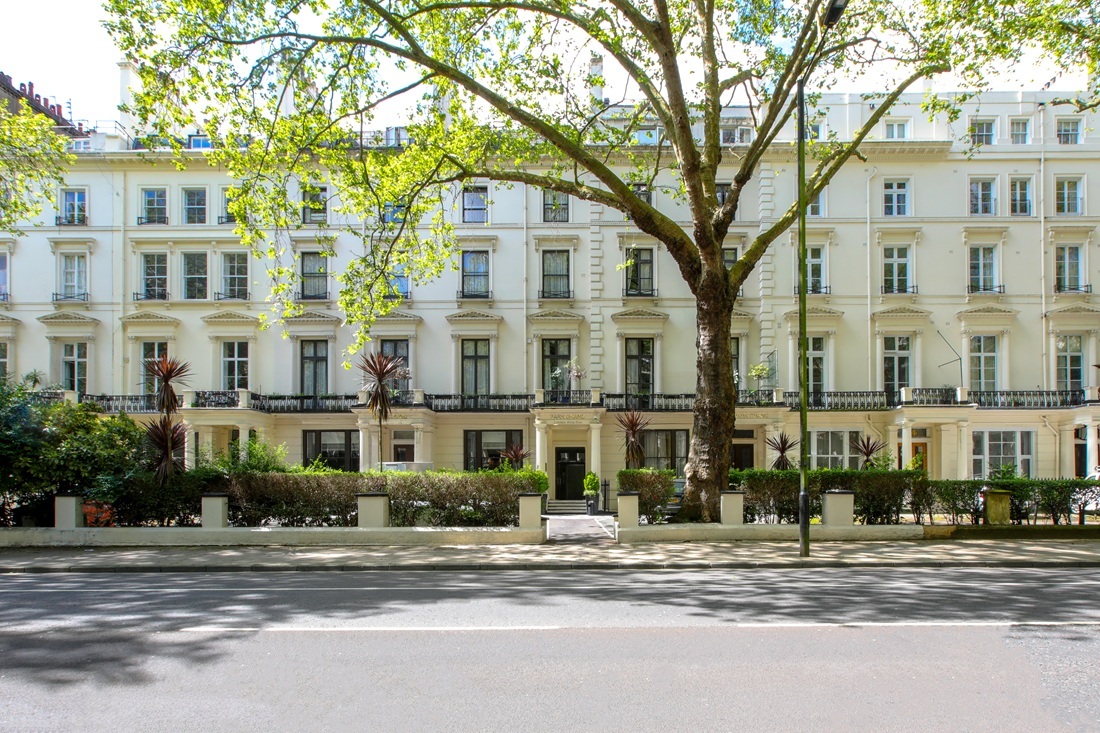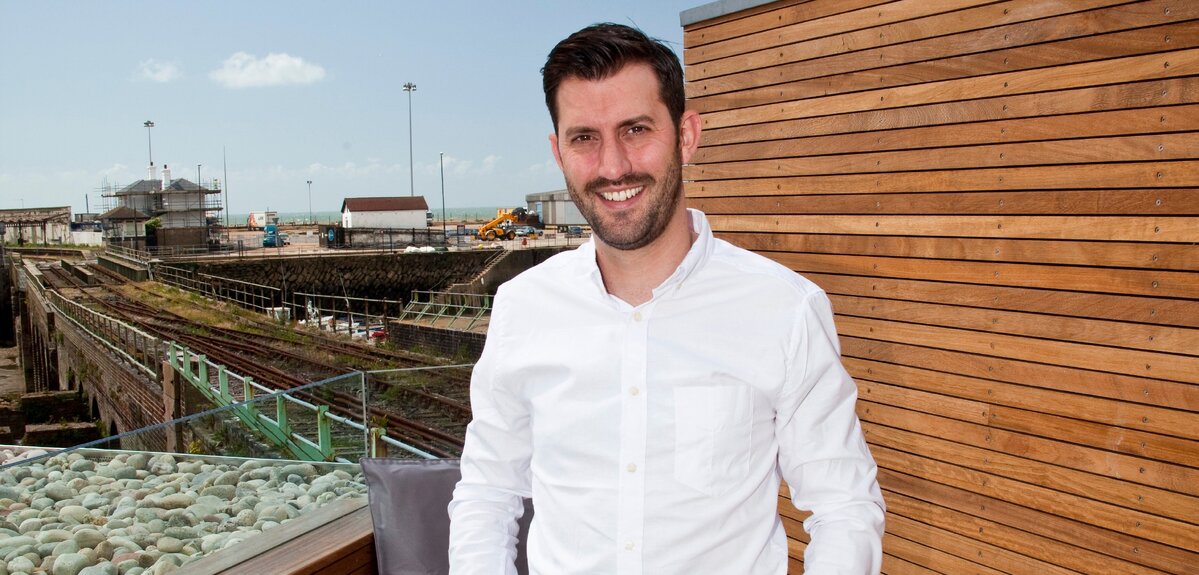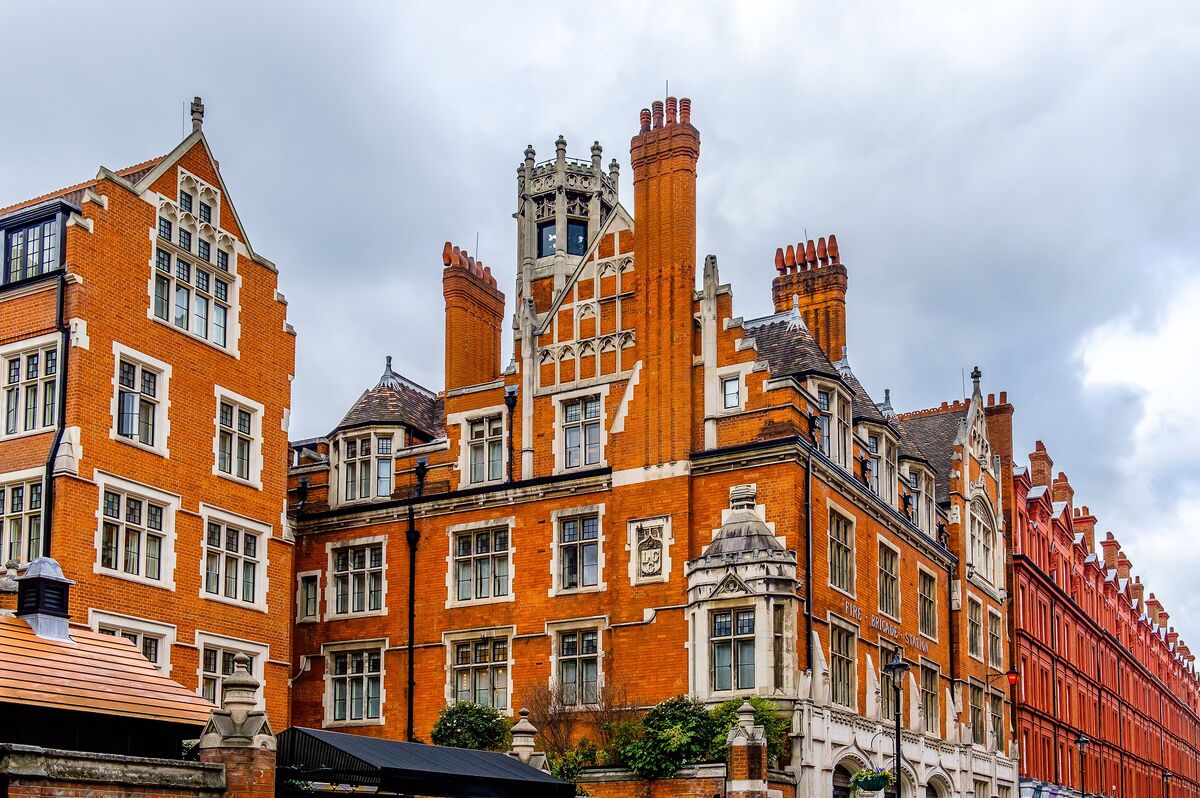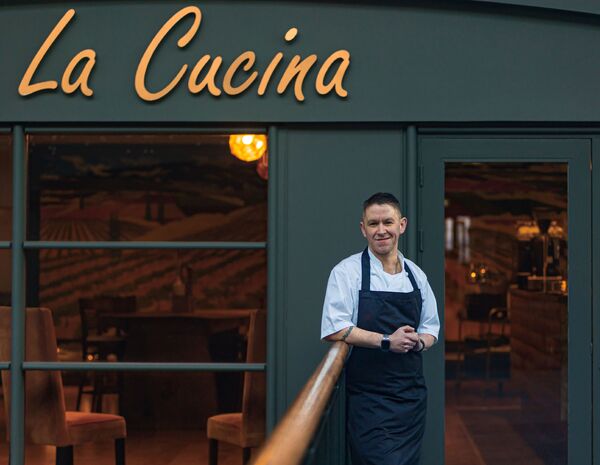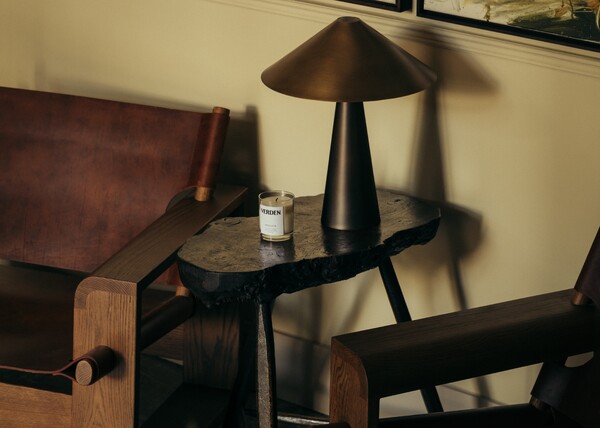Cateys 2019: Sustainable Business Award – Battlesteads Hotel & Restaurant
Sponsored by Alaska Seafood
The role of business in the ongoing threat to our planet is gaining more traction throughout society, as consumers and corporations alike move to mitigate the plastic amassing in our oceans, the fumes polluting our air and the food systems threatening our earth. While sustainability models are becoming more commonplace, Battlesteads stands as a shining example of the way hospitality can contribute towards a greener tomorrow.
A focal point for the site has been reducing its carbon footprint, and a move toward renewable energy suppliers, low-energy kitchen equipment, and an environmentally friendly woodchip biomass boiler has helped to bring substantial change. When the business started its reduction in 2012, the carbon footprint per room per night stood at 23.24kg. Now, with the help of regular oversight from a ‘green co-ordinator' role introduced in 2007, this has fallen to 5.23kg per room.
The green credentials flow right through the enterprise, with staff receiving bespoke, accredited training and customers offered friendly advice for limiting their impact on the environment during their stay.
As much as sustainability can often seem a distant if existential threat, Battlesteads has managed to make the benefits of its approach visible. The business boasts an on-site observatory, and the night sky is so clear of light pollution that guests can see the Milky Way with the naked eye.
Waste heat and rainwater are used to support polytunnels and plant life, feeding the flowers that decorate the site and 95% of the plant-based food that reaches diners' plates. Wildlife is actively encouraged, with a bat box, owl box, bird feeders and a wormery compost system. This has all helped give Battlesteads a competitive edge when it comes to eco-conscious consumers.
Despite the dramatic cut already made in the site's carbon footprint, the target is to reduce it still further to below 2kg of CO2 per room per night by the end of the 2020 financial year. Investment, particularly £1.25m in staff housing, will look to reduce pollution from staff travel. And from the business vantage point, it aims to continue to offer advice to the industry and the public on how humanity can tackle one of the great questions of the future.
What the judges said
"An inspirational entry that shows that, with a bit of vision and a clean strategy, any business can turn good environmental performance into competitive advantage."
Dominic Burbridge
"An inspirational example of a truly sustainable hotel. Battlesteads must be the benchmark for all hospitality businesses."
Mike Hanson
"Clearly set out objectives with quantifiable results and a detailed overview of how (and why) they were achieved. Battlesteads' fantastic commitment to inspire others, sharing knowledge and best practice, and working with the local community, are all great practices."
Ylva Johannesson
The shortlist
Battlesteads Hotel & Restaurant, Hexham, Northumberland
Eden Caterers, Fairmont St Andrews, Fife
Lussmanns Restaurants
The judges
Dominic Burbridge, associate director, the Carbon Trust
Clephane Compton, resource efficiency consultant
Mike Hanson, head of sustainable business, BaxterStorey
Rebecca Hawkins, managing director, Responsible Hospitality Partnership
Ylva Johannesson, head of membership, the Sustainable Restaurant Association
Jonathan Proctor, chief executive, Green Tourism
Alison Shedlock, head of hospitality and events, University of Manchester



